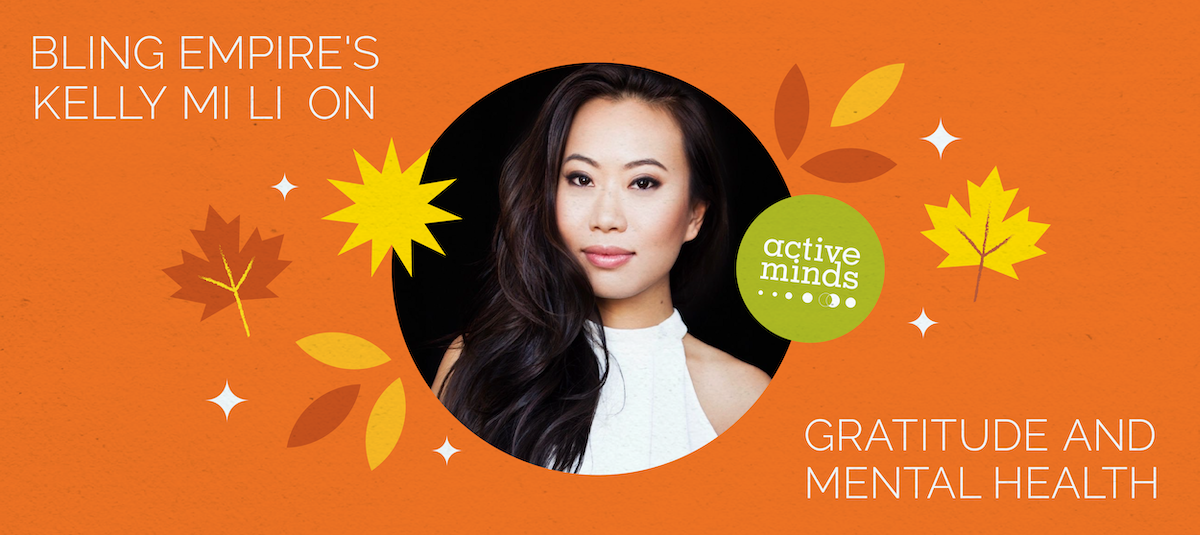We take care of our physical body by going to see doctors, working out, and eating healthy, all without questioning why. However, we don’t pay half the attention when it comes to our mental health. Taking care of our minds should be the same. After all, it’s just as important for us to focus on our mental health as it is our physical health. This wasn’t always clear to me, especially when I was growing up.
Mental health was a topic that wasn’t acknowledged or normalized in my family and Asian culture. It’s still something that gets overlooked today. We’re taught to face our struggles privately and internally rather than acknowledging our emotions. The lack of conversations about mental health was instead replaced with conversations about what university I would attend, when I would become a doctor like the rest of my family, and how I would build a financially stable future for myself. I didn’t realize then that not having these important conversations about mental health during my youth would impact me later in life.
In my 20s, the pressure to prove to my mom that I could be successful without following the path she envisioned for me became a driving force in my career. It led me to not fully take the time to acknowledge everything else in my life. When we’re caught up in such a fast-paced lifestyle, it’s easy to overlook the small things that truly matter. I became very stressed and overworked during this time. As a result, I developed sciatica pain, which caused shooting pain down my back to my legs. I would later learn that the strain on my physical well-being was connected to my mental health. Eventually, it got to the point where it couldn’t be ignored. I didn’t know how, but I knew I needed to make a change.
I was first introduced to therapy in my 30s while filming for season one of Netflix’s “Bling Empire.” This experience helped kickstart my mental health journey. After filming, I started individual therapy and discovered many free and affordable mental health resources, such as online articles, videos, meditation-guided apps, and books. I began integrating daily activities and habits in my life, like not using my phone before going to bed and journaling every morning, to really help me put my mental health first and focus on work-life balance. I also became attuned to one of the most impactful mental health habits I lean on even to this day: practicing gratitude.
Gratitude can mean different things to each one of us, but for me, it means appreciating and finding value in your life, experiences, and everything around you. It means being present and cherishing not only the positive moments but embracing the negative ones as learning opportunities. I practice gratitude by seeing the good in every situation and reminding myself that the world doesn’t owe me anything. This has helped me stay grounded and take account of everything in my life from my family, close friends, my puppy Sophia, my colleagues, and the memories and experiences I share with everyone around me. It’s helped me live up to one of my favorite quotes: “Collect memories, not things.”
Practicing gratitude in my mental health journey has also changed the way I approach my career. I’ve reflected more on my goals and made sure to focus on projects that align with my true passions and values. When I was younger, I used to think that the highest level of success was measured by financial stability. Now, I’ve realized that it’s happiness.
Looking back, I know that my younger self would be proud of who I’ve become—not just because of my career accomplishments but also because I’m able to share these moments with those who matter most to me. My mental health and self-love journey opened up many doors in my life that I never knew existed before and showed me the importance of taking care of my mind and soul. I would like people to know that mental health impacts us all regardless of our background, culture, and age. It’s important for us to have these conversations and to destigmatize the topic of mental health.
For those having difficulty practicing gratitude, my advice is to slow down, take a break, and make time each day to reflect. Even when life feels overwhelming, know that it’s okay to take five minutes to breathe. Start by thinking about three things you’re grateful for each day before going to bed or when you wake up in the morning. Beginning and ending your day with practicing gratitude is a simple and effective first step in safeguarding your mental health during both the good times and the challenging ones. You don’t have to wait to show yourself love. You can start now.




